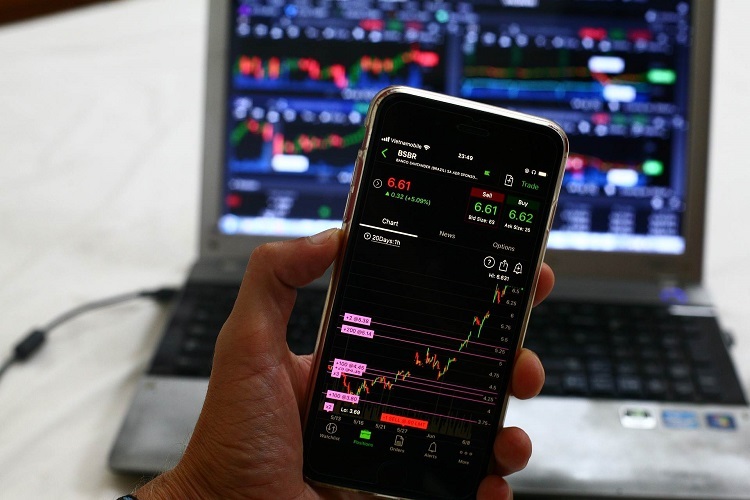Top 5 FAQ for Novices on Trading CFDs
Despite the presence of financial assistants or financial coaches, trading CFDs will always be a vast field that is full of both positive and negative surprises especially for novices. These unanticipated events are usually confusing and shocking when one doesn’t have a full background knowledge on the basics of the trade. And to help you cope up with such a situation, we are bringing you 5 different FAQs about CFDs as well as their answers.
Table of Contents
Question 1: What is a CFD?
This is really a very common question among newbie traders who wish to research further on trading CFDs. The answer to this question is always the same as to how financial experts describe the instrument. To give you a sime explanation, a CFD is actually a financial instrument which falls under derivatives. When we say derivatives, this is a contract whose price is being agreed upon by the two involved parties rather than the market.
Question 2: Are stocks and CFDs different?
When you decide to get into trading CFDs, you should be aware that stocks and CFDs are related to each other but they are not the same. Stocks and CFDs are both financial instruments but the main difference between the two lies in the way they are transacted in the market. Stocks involve legal ownership of shares and equity while CFDs never give the right to ownership to but gives the ability to trade on stocks.
Question 3: What is trading
Generally speaking, stock trading is the purchase of stocks and keeping it for a period of time till the rates in the market increases. In the case of CFDs, both long and short selling are allowed.This means that the trading set up can also be done by essentially borrowing shares from brokers and then selling them. Afterwhich, you buy them back as soon as the rates go lower in the market. Thus, you gain profit by selling it back to your broker.
Question 4: Are CFDs risky?
It is a given fact that CFDs are leveraged instruments, yes they are risky but the risk level depends upon the trader’s risk tolerance. There are traders who are brave enough to trade on high leverage without being bothered by their possible losses. Others stay safe by trading at a limited leverage because they do not want to lose so much from their margin.
Question 5: What are the perfect qualities for a successful trader?
There is no such thing as a perfect trader because anyone in the trading industry may meet loss. The successful trader is not someone who never lost anything in his positions but someone who is open minded to accept sudden changes in terms of market rates, trading results,trading innovations and many more. It always pays to stay motivated to continue your passion no matter what happens.
Conclusion:
As mentioned earlier the trading industry is a vast field to study. The moment you involve yourself into such a field, you also have to be ready to continuously read and update yourself not just on chart reading,market rates and news but you also have to include planning and background checking in order to have a profitable experience.

